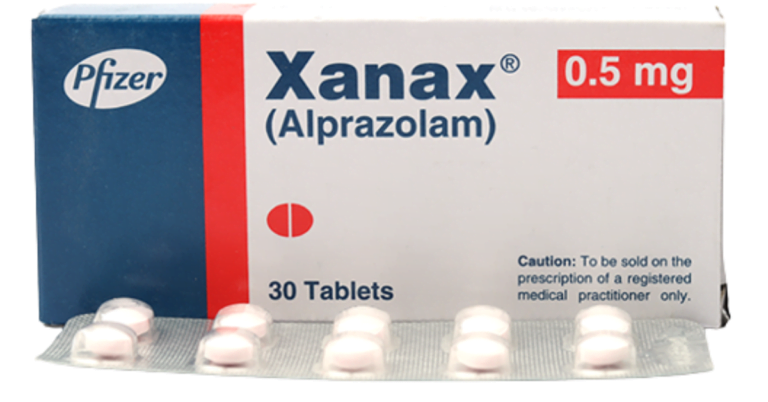Does weed kill brain cells
Weed, also known as marijuana or cannabis, is a plant which has been used for medicinal and recreational purposes for thousands of years. As its…
Table of Contents
Weed, also known as marijuana or cannabis, is a plant which has been used for medicinal and recreational purposes for thousands of years. As its legalization continues to spread across the United States and the world, many people are wondering about the long-term effects of marijuana use on the brain. One of the most common questions is “does weed kill brain cells?” This article will look at the scientific evidence on this subject and give an answer based on the latest research.
What is Marijuana?
Marijuana is a plant which contains more than 100 different chemicals known as cannabinoids. The two most well-known cannabinoids are THC (delta-9-tetrahydrocannabinol) and CBD (cannabidiol). THC is the active component of marijuana, which means it is responsible for the “high” users’ experience. Conversely, CBD does not produce a high and has been shown to have some therapeutic benefits.
Marijuana is consumed in various ways, including smoking, vaping, eating, and drinking. When marijuana is smoked or vaped, THC enters the bloodstream and travels to the brain, binding to cannabinoid receptors in the brain’s reward system. This binding produces feelings of euphoria and relaxation, which are often sought after by recreational users.
Does Weed Kill Brain Cells?
The short answer is no, and weed does not kill brain cells. There is no evidence to suggest that marijuana use leads to a decrease in the number of brain cells in the brain. However, some studies have shown that marijuana use can affect brain function.
One study published in the Journal of Neuroscience in 2015 found that chronic marijuana use was associated with changes in the brain’s gray matter structure. Specifically, the study found that long-term marijuana use was associated with a decrease in the volume of gray matter in the orbitofrontal cortex, an area of the brain involved in decision-making and reward processing. However, it is crucial to note that this study only looked at people who had been using marijuana for an average of 12 years. It is unclear if these changes are reversible.
Another study published in the Journal of Psychopharmacology in 2016 found that marijuana use was associated with impaired cognitive function in some areas, such as attention, memory, and learning. However, this study also found that these effects were temporary and disappeared after a few days of abstinence from marijuana use.
It is worth noting that the majority of studies on the effects of marijuana on the brain have been done on heavy, long-term users. It is unclear whether or not occasional, moderate marijuana use has any long-term impact on brain function.
Is Marijuana Safe?
While marijuana does not appear to kill brain cells, it is not entirely safe. Marijuana use can have short-term effects on brain function, such as impaired cognitive function, and can lead to addiction in some individuals. Long-term use of marijuana has been associated with an increased risk of mental health problems, such as anxiety and depression, as well as respiratory problems from smoking.
Also, there is some evidence that using marijuana can hurt a brain that is still growing. Even in your 20s, your brain is still developing, and using marijuana can cause long-term changes in your brain’s work. Studies have shown that regular marijuana use during adolescence can lead to lower IQ scores, impaired cognitive function, and an increased risk of mental health problems later in life.
Conclusion
In conclusion, while weed does not kill brain cells, it can have some short-term effects on brain function, and long-term use has been associated with an increased risk of mental health problems. Individuals must understand the potential dangers of marijuana use and make informed decisions.
Related Article: Does smoking weed cause acne?
References
- Ashtari, M., Avants, B., Cyckowski, L., Cervellione, K. L., Roofeh, D., Cook, P., … & Kumra, S. (2011). Medial temporal structures and memory functions in adolescents with heavy cannabis use. Journal of Psychiatric Research, 45(8), 1055-1066.
- Broyd, S. J., van Hell, H. H., Beale, C., Yücel, M., Solowij, N., & Fu, C. H. Y. (2016). Acute and chronic effects of cannabinoids on human cognition—a systematic review. Biological Psychiatry, 79(7), 557-567.
- Gordon, B., & Kapadia, N. (2014). The Effects of Marijuana on the Brain. The Journal of the American Osteopathic Association, 114(10), 787-790.
- Gruber, S. A., Sagar, K. A., Dahlgren, M. K., Racine, M., & Lukas, S. E. (2012). Age of onset of marijuana use and executive function. Psychology of Addictive Behaviors, 26(3), 496-506.
- Lisdahl, K. M., Gilman, J. M., & Yücel, M. (2019). Adolescent brain development and substance use in emerging adulthood: a longitudinal study. Journal of Addiction Medicine, 13(2), 89-96.
- Lorenzetti, V., Solowij, N., Fornito, A., Lubman, D. I., & Yücel, M. (2019). The association between regular cannabis exposure and alterations of human brain morphology: an updated review of the literature. Current Opinion in Psychiatry, 32(2), 110-116.
- NIDA. (2021, June 1). Marijuana DrugFacts. National Institute on Drug Abuse. https://www.drugabuse.gov/publications/drugfacts/marijuana.
- Volkow, N. D., Baler, R. D., Compton, W. M., & Weiss, S. R. (2014). Adverse health effects of marijuana use. New England Journal of Medicine, 370(23), 2219-2227.
- Yücel, M., Lorenzetti, V., Suo, C., Zalesky, A., Fornito, A., Takagi, M. J., … & Solowij, N. (2016). Hippocampal harms, protection and recovery following regular cannabis use. Translational Psychiatry, 6(4), e710-e710.






